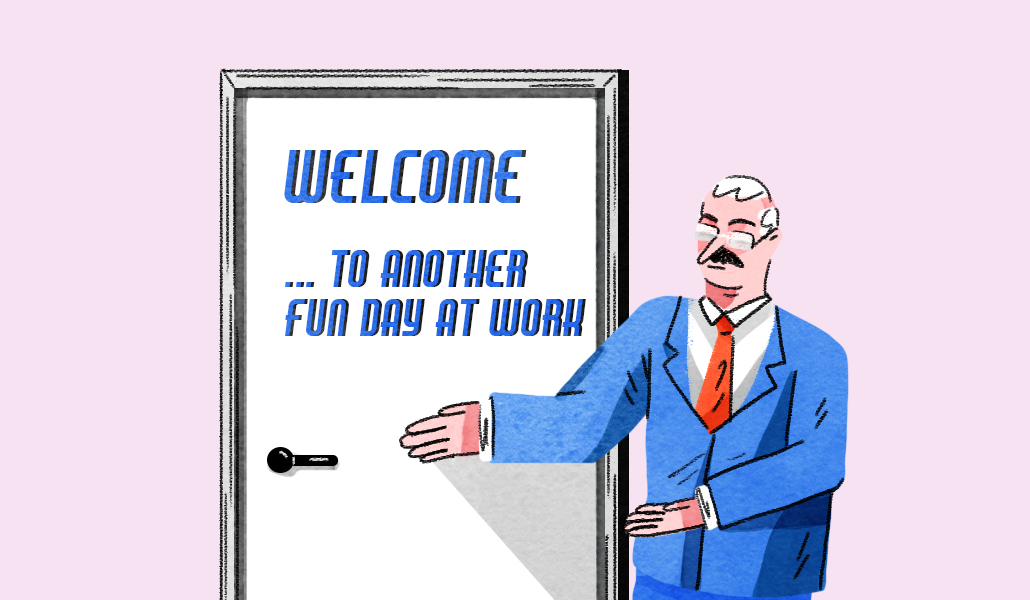How managers can handle employee return-to-office resentment

Workers overall are unenthused about coming back to in-person work for a variety of reasons, a key one being they feel they’ve lost autonomy and control over their schedules. Now that’s making them resentful.
Those mandated to return to in-person work are more than twice as likely to feel resentment about it than those who are coming back due to strong pressure, according to a BetterUp survey including responses from over 1,000 U.S. based workers who’ve spent significantly more time in the office over the past year.
Aggrieved workers and frustrated leaders are bringing their concerns to the same people: middle managers.
“The higher ups in the organizations are the ones making the decision, but it falls to middle managers to figure out how to make it all work — how to govern the consequences of those decisions, and how to communicate what those sometimes very unpopular mandates mean,” said Brent Cassell, vp advisory at Gartner.
“Also, we expect them to be on the hook for ensuring the well-being of employees,” Cassell said.
About 20% of people mandated to return don’t trust their manager will act in their best interest, the BetterUp survey found, but managers play probably the most important role in making these transitions work, experts say.
The ongoing issue with returning to in-person work is how companies are deciding exactly what should be done on days spent in-office, and clearly translating those expectations as a justification to employees. That’s another task falling to middle managers, though they can quell some resentment if they effectively work through it.
“It’s all well and good to say my team is going to gather together on Wednesdays, but what exactly are we going to do on Wednesdays?” Cassel said.
Managers should identify rituals and activities that benefit from having their team in-person and clearly communicate what meaningful work will get done and what goals will get achieved, Cassel said. A Microsoft report calls those situations “moments that matter.”
Based on internal data Microsoft found three key moments when in-person work is most beneficial: when strengthening team cohesion, when kicking off a project and during onboarding.
Those returning to work under a mandate said transparency and honesty in communication are crucial for a smooth transition, according to BetterUp’s survey.
Another key tip for managers is to be authentic, by “not hiding the fact you’re also in a tough spot,” said Kristi Leimgruber, a behavioral scientist at BetterUp.
“It is a tough line to walk where you don’t want to be openly resentful, and sort of fuel the fire with your direct reports,” she said. “But knowing that your manager is telling you the truth, even if it isn’t as rosy as you want it to be, goes a long way when it comes to building that trust and those relationships,” she said.
That’s especially true for managers who are working parents and supervising other working parents. The BetterUp survey found working parents mandated to return to the office were more than three times as likely to say they feel resentful about it.
“If you know they also are facing some of the same challenges, you’re much more likely to feel comfortable asking them how they do it, or asking them to come up with a creative solution that allows you to pick your kids up from school or whatever it is,” she said.


